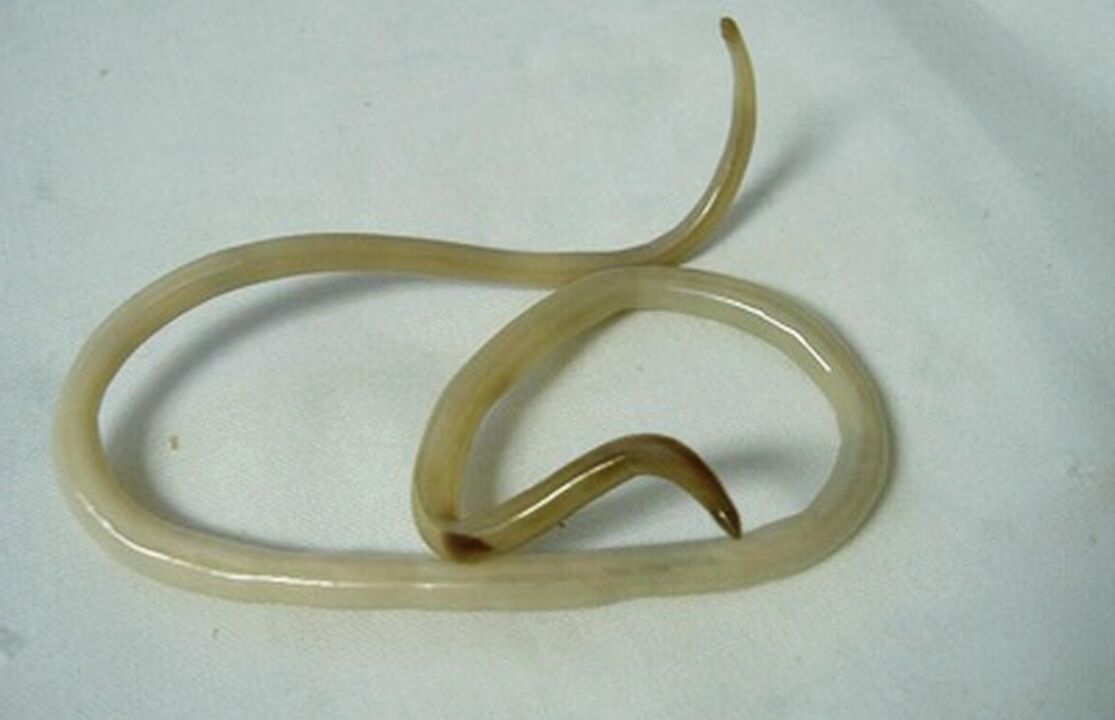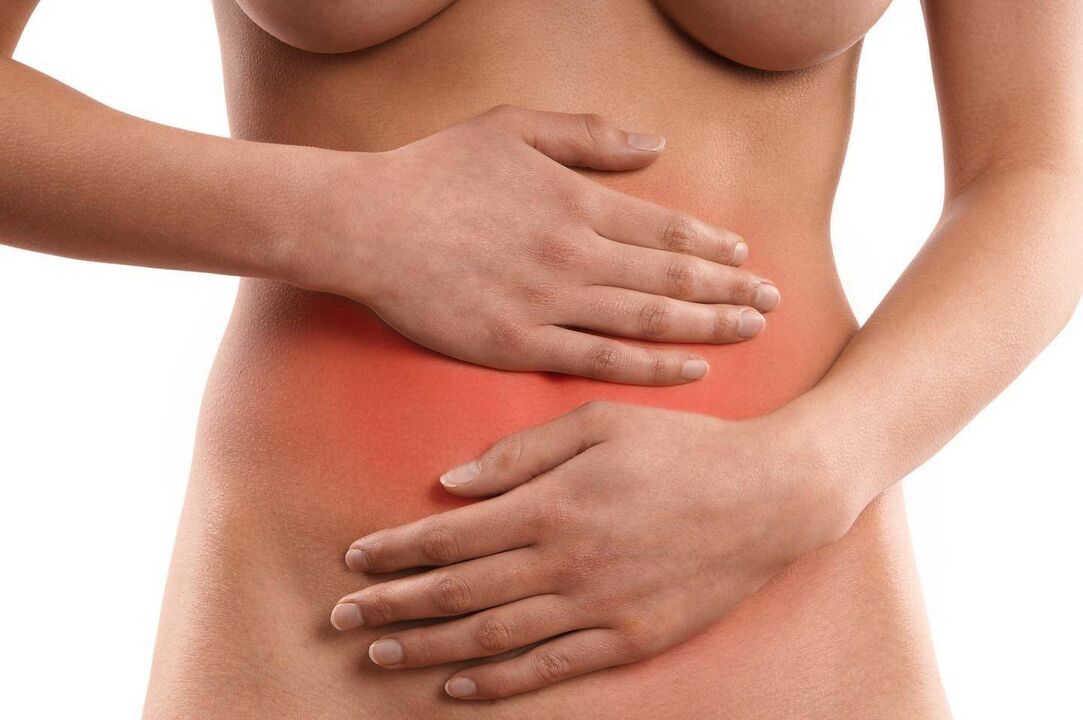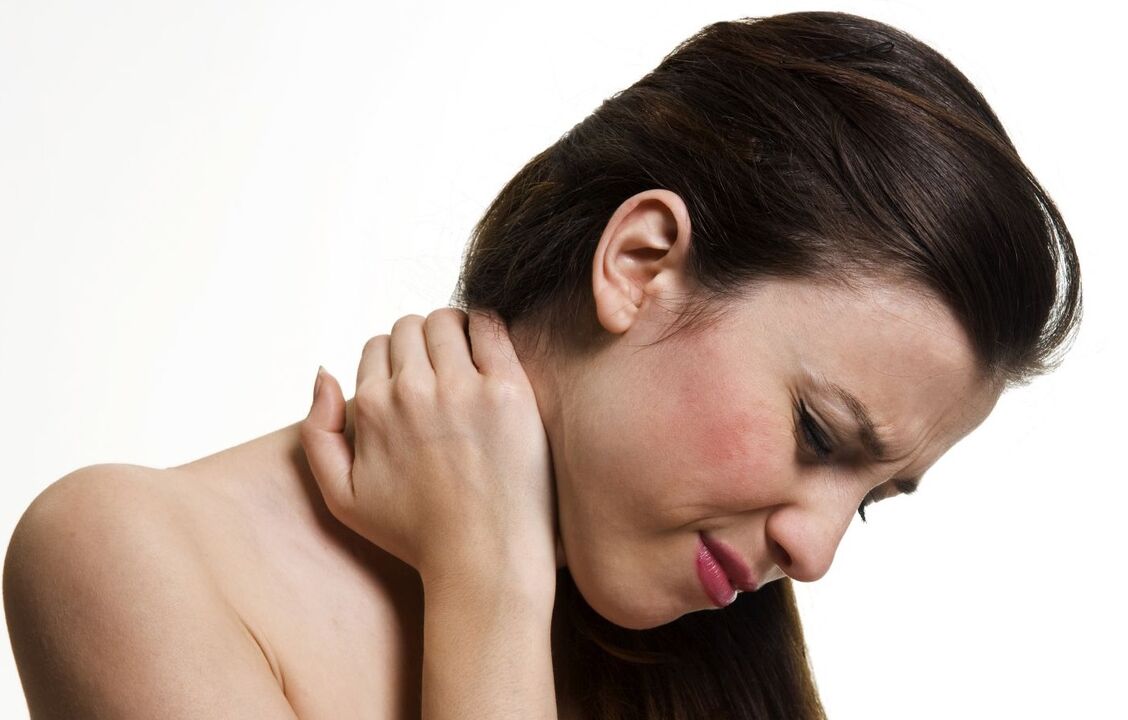Helminthiases are widespread in the modern world. They are capable of affecting many organs and tissues, interfering with their work. Moreover, the clinical picture of helminthiasis in humans can be very diverse. What are the symptoms of worms in humans?
According to statistics, every year about two million people are infected with helminths, however, taking into account unregistered cases, this number can increase several times. Infections of children and adolescents occur more frequently.

All helminths can be divided into extraintestinal (tissue) and intestinal. Tissue hosts are animals, humans serve as intermediate hosts for them. In this case, the disease will manifest in different ways, depending on which organ the larvae will migrate to. For example, if the larvae migrate through the lungs, then the symptoms will mimic pneumonia, if through the intestines-bleeding, inflammatory response; migration through the pancreas or bile ducts threatens to block it.
How can you be infected?
What is the mode of infection?
- Through soil and water (geohelminthiases) - soil contamination occurs when helminth eggs enter it with human or animal feces. If you eat poorly processed root vegetables or water from open reservoirs, helminth eggs will get into the body. Therefore, all vegetables, fruits, berries must be thoroughly washed with tap water and treated with boiling water. Drinking water from open reservoirs is prohibited. This route of infection may also occur when people come in contact with animals, especially pets. Therefore, more often, children become infected when playing with them.
- Contact with an infected person (e. g. , cream worms). During sleep, cream worms are able to crawl out of the anus and lay eggs. The patient experiences itching. The egg remains on the hand, under the nail, and, if it is not removed from the skin in a timely manner, remains on all objects that have come in contact with the infected person.
- Biohelminthiases - infections when eating meat, lard, fish that have not undergone adequate heat treatment, or eaten raw.
- Through insect bites.

Helminths are basically a problem of children, as children, in the process of learning about the world, pull dirty hands and various objects into their mouths, feel it. This problem will be resolved only at the age of three to six years, and before that time, children have a higher risk of infection than adults.
Common signs of infection
What are the signs that will tell about the appearance of helminthiasis?
Symptoms of helminthiasis can be similar to diseases of certain organs: gastrointestinal tract, respiratory system, nervous system, immune system. Helminthiases can manifest themselves as allergic reactions.
Disorders of the gastrointestinal tract
Localization of parasites in the intestine is indicated by symptoms of abdominal and intestinal pain: the appearance of vomiting, diarrhea or constipation, nausea, bloating, pain in the umbilical region, in the right hypochondrium. Constipation can be associated with mechanical blockage of the intestinal lumen by helminths. The severity of symptoms depends on the number of helminths in the body.
Nervous system disorders and general manifestations
They are associated with the release of toxic substances by parasites. The intensity of manifestation also depends on the number of helminths. Symptoms of nervous system dysfunction are as follows: dizziness, headache, nausea - symptoms that resemble migraines. Fever, muscle and joint pain are possible. Drowsiness, irritability, sleep disturbances, anemia appear.
Manifestations of allergies
With the manifestation of allergies, the gastrointestinal tract, skin and respiratory system are affected. Itching, shortness of breath, headache, dizziness appear, sometimes vomiting may be observed. A burning sensation may occur in the throat, mouth and nose. A stuffy nose and sneezing appear. How to distinguish allergies from the symptoms of helminth infections? The following anamnestic and laboratory signs should be considered:
- relatives of the patient have no history of allergies;
- the patient has no history of allergic reactions;
- the presence of children in kindergarten;
- having difficulty breathing every two weeks;
- eosinophils in blood tests exceed 8%;
- lack of effect of anti -allergic therapy;
- in studies for immunoglobulins, IgE increased, while studies for allergens were negative.
If the patient has the listed symptoms, the manifestation of allergies is associated with parasitic invasion.
Respiratory dysfunction
When the parasite enters the lungs, symptoms similar to pneumonia may appear: cough, fever, hemoptysis. Sore throat may also indicate helminthiasis. When worms migrate from the intestines to the lungs, a sore throat can occur. Sore throat is a sign of the presence of a foreign body. There is an unstoppable tuberculosis. Coughs like this can appear not only due to the presence of parasites in the esophagus, but also if they migrate through the nasopharynx. Mucus taken for analysis will help identify worms in the esophagus.
Decreased immune defenses
Due to the fact that helminths deprive a host of vitamins and minerals, and also have toxic effects, a decrease in immune defenses is observed. This is indicated by frequent colds or exacerbation of chronic diseases in remission, inflammation of the throat.
Damage to the female reproductive system
Violation of the function of the reproductive system in a woman does not always indicate a gynecological disease. Helminths in the female body can also manifest themselves as symptoms of reproductive system dysfunction. With what symptoms can one suspect the presence of helminths in the female genitals? The defeat of the reproductive system by worms in women is indicated by secretions, an unpleasant odor from the genitals.

In women, thrush can be a sign of helminthiasis. Thrush in women can develop due to decreased immunity and violation of the microflora, which is only possible with helminthiasis. Possible inflammatory diseases of the reproductive system in women. Along with this, hair may fall out and nails may flake off, and drowsiness and fatigue may occur. All of the above are symptoms of helminthic invasion in women.
How to determine the type of helminth with symptoms
How to determine which helminths have invaded the body? Symptoms are determined by the location of the parasite in the body and its type. When do the first symptoms appear? Early signs of helminthic invasion can appear after two days and six months, depending on the type of helminth.
Pinworms, enterobiasis - you can suspect the invasion of these helminths if you are worried about itching in the anal area, which becomes more frequent at night. Usually the itching lasts for a few days, then disappears for a while and reappears.
Trichocephalosis, schistosomiasis, diphyllobothriasis - the main symptoms are anemia and vitamin deficiency. Such manifestations are associated with the toxic effects of worms on the intestine and the development of dysbiosis.
Roundworm - in the early stages of infection with ringworm, weakness, cough, there may be blood in the sputum, fever, possible shortness of breath (with a high number of parasites). In blood tests, eosinophil levels increase, and an allergic reaction appears. At a later stage, the function of the gastrointestinal tract is disrupted: protein is not digested, there is a strong weight loss.

Trichinosis - the worm is in the muscle. In the early stages, the disease is indicated by nausea, vomiting, and decreased appetite. In the next stage, helminths are localized in the muscles and cause muscle pain, swelling of the eyelids, fever, and a rash on the skin. Further, there was a clear recovery, but the worms were in the muscle. Parasites cause dense lesions on muscles.
Fascioliasis, opisthorchiasis - it is possible to suspect the invasion of this parasite if there is jaundice of the skin, enlargement of the liver, spleen, inflammation of the pancreas, dysfunction of the gastrointestinal tract.
Strongyloidosis - is indicated by symptoms indicative of bile duct dysfunction, dyspepsia and allergies.
Helminthiasis test
When should you seek help from a specialist? Positive answers to the following questions will help to diagnose the presence of helminths in the body with a high degree of probability:
- itching in the anal area;
- nausea vomiting;
- constipation or diarrhea;
- allergic manifestations;
- rash on the skin;
- enlarged lymph nodes;
- frequent headaches, dizziness;
- restless sleep;
- there is bitterness in the mouth;
- fatigue, drowsiness;
- stomachache;
- yellowing of the skin;
- families have children who attend kindergarten;
- pain in muscles and joints, not caused by anything;
- periodic increase in body temperature;
- there are animals in the house;
- eating insufficient heat -processed meat, lard or fish;
- lose weight;
- consumption of previously unwashed vegetables and fruits treated with boiling water.
The more positive answers, the greater the risk of having helminths in the body. If there are seven positive answers, then there is a probability of the presence of helminths, if more than fifteen, then the probability of the presence of helminths in the body is very high.
Diagnostics
What is the method of diagnosing parasites in the body used?
- Feces on worm eggs.
- Scraping from the anus.
- Scraping for enterobiasis.
- Complete blood count (increased eosinophil levels).
- Scraping from the vagina in women.
- Blood tests for giardiasis.
- Find antibodies by serological methods; when can antibodies be found in the body? Twenty -one days or so after a worm attack.
- Study of operating materials (for echinococcosis).
- Lymph node biopsy (cysticercosis).
- Muscle biopsy - trichinosis.
Treatment
For the treatment of helminthiasis, there are tablets with a narrow and broad spectrum of action. Treatment of certain types of helminths must be done with certain medications. Tablets are only prescribed by a doctor after all examinations, because anti-worm pills have a toxic effect on the body. Therefore, the doctor will choose the required regimen and duration of treatment, taking into account age and weight.
The following tablets are often used to treat helminthiasis:
- drugs containing mebendazole are suitable for the treatment of trichocephalosis;
- tablets containing Levamisole - used for ascariasis, enterobiasis, trichostrongylosis, strongyloidiasis.
In further cases, the pill may not help, then surgical treatment is used.
























